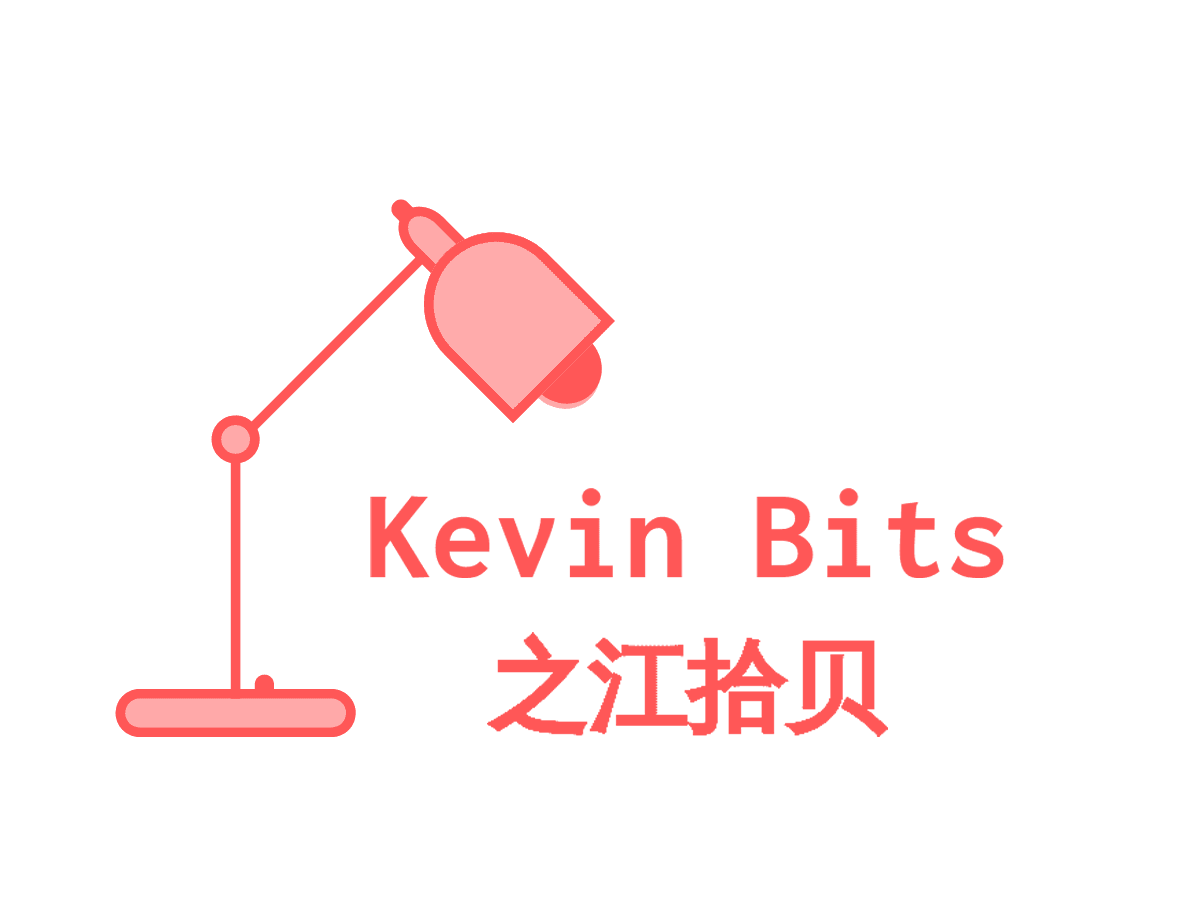The world economy is facing three D-uncertainties.
First is a divided politics. This is more recently characterized by the division between the two major political parties in the U. S. It really does not matter much if Clinton to win or Trump to win, America will be left with a very divided political system and it is hard for the next administration to do much to prompt the economy. The political division extends to between rich and poor, between white and black, and between America and the rest of the world.
Second is the diversification of monetary policies among central banks. Japanese monetary policy will be further expanded as the country is still suffering deflation. The economy in Japan is negatively affected by aging populations and shrinking of work forces. Expansionary monetary policy is against a long time constant of population dynamics and therefore will have to last very long to be effective. ECB will also keep its monetary stimulus. If using the Fed as a reference, the ECB will need QE program for another two to three years. In contrast, the U. S. Fed will start to tighten likely this December and twice next year. Diversification of monetary policies encourages move of investment funds across boards, fluctuations in currency exchange rates, and trade disputes.
Third is the disruptive technology breakthrough. Technology companies such as Uber, Airbnb, Amazon, Tesla etc, are very disruptive to the established economic structures. Not much as we knew their overall impact on our societies going forward. These technology advances are exacerbated by the cheap money in the weak economic environment.
